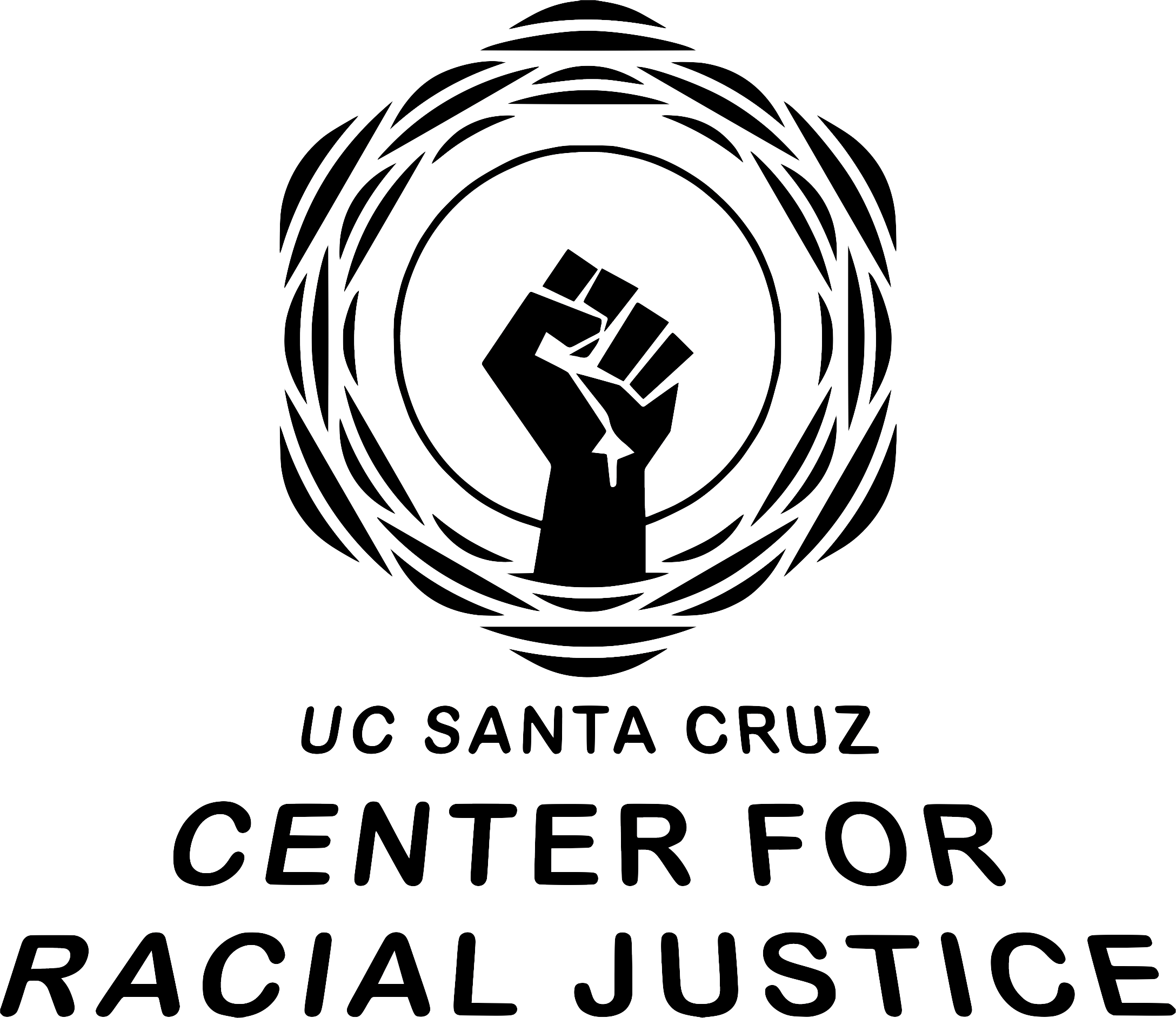Dr. Nadia Abu El-Haj is Professor in the Departments of Anthropology at Barnard College and Columbia University, and Codirector of the Center for Palestine Studies at Columbia. The recipient of numerous awards, including from the Social Science Research Council, the Wenner Gren Foundation, the MacArthur Foundation, the Harvard Academy for Area and International Studies, the Institute for Advanced Study at Princeton, and the Harry Frank Guggenheim Foundation, she is the author of numerous journal articles published on topics ranging from the history of archaeology in Palestine to the question of race and genomics today. Abu El-Haj has published two books: Facts on the Ground: Archaeological Practice and Territorial Self-Fashioning in Israeli Society (2001), which won the Albert Hourani Annual Book Award from the Middle East Studies Association in 2002, and The Genealogical Science: The Search for Jewish Origins and the Politics of Epistemology (2012). While Abu El-Haj’s two books to date have focused on historical sciences (archaeology, and genetic history), her third book, tentatively titled Soldier Trauma, The Obligations of Citizenship, and the Forever Wars (Verso, forthcoming) examines the field of (military) psychiatry, and explores the complex ethical and political implications of shifting psychiatric and public understandings of the trauma of American soldiers.
Dr. Denise Ferreira da Silva is Professor and Director of The Social Justice Institute (the Institute for Gender, Race, Sexuality, and Social Justice) at the University of British Columbia, and an Adjunct Professor of Fine Arts, at Monash University, Melbourne, Australia, and Visiting Professor of Law, at Birkbeck University of London. She is the author of Toward a Global Idea of Race (University of Minnesota Press, 2007), A Dívida Impagavel (Oficina da Imaginaçāo Política and Living Commons, 2019), Unpayable Debt (Stenberg/MIT Press, forthcoming) and co-editor (with Paula Chakravartty) of Race, Empire, and the Crisis of the Subprime (Johns Hopkins University Press, 2013). Her several articles have been published in leading interdisciplinary journals, such as Social Text, Theory, Culture & Society, Social Identities, PhiloSOPHIA, Griffith Law Review, Theory & Event, The Black Scholar, to name a few. Her artistic works includes the films Serpent Rain (2016) and 4Waters-Deep Implicancy (2018), in collaboration with Arjuna Neuman; and the relational art practices Poethical Readings and Sensing Salon, in collaboration with Valentina Desideri. She has exhibited and lectured at major art venues, such as the Pompidou Center (Paris), Whitechapel Gallery (London, MASP (Sāo Paulo), Guggenheim (New York), and MoMa (New York). She has also written for publications for major art events (Liverpool Biennale, 2017; Sao Paulo Biennale, 2016, Venice Biennale, 2017, and Documenta 14) and published in art venues, such as Canadian Art, Texte Zur Kunst, and E-Flux.
Dr. Macarena Gómez-Barris is a cultural critic, author and Chairperson of Social Science and Cultural Studies at Pratt Institute. She is founder and Director of the Global South Center, a hub for critical inquiry, aesthetic praxis, and experimental forms of social living. Macarena works on cultural memory, race, queer and decolonial theory, and rethinking the anthropocene. She is author of the recently published The Extractive Zone: Social Ecologies and Decolonial Perspectives, a book that theorizes social life through five extractive scenes of ruinous capitalism upon Indigenous territories (Duke University Press, 2017). She is also author of Beyond the Pink Tide: Art and Politics in the Américas (UC Press, 2018), Where Memory Dwells: Culture and State Violence in Chile (UC Press, 2009), and co-editor with Herman Gray of Towards a Sociology of a Trace (University of Minnesota Press, 2010). Gómez-Barris is author of numerous essays in art catalogues, including work on Laura Aguilar, Julie Mehretu, Cecilia Vicuna, and Carolina Caycedo, as well as essays in numerous peer reviewed journals. She was a Fulbright fellow in 2014-2015 at Sociology and Gender Department in FLACSO Ecuador, Quito. She is co-editor with Diana Taylor of “Dissenting Acts,” a Duke University Press series.
Dr. Cynthia Young is the Department Head of African American Studies and Associate Professor of African American Studies, English, and Women's, Gender, and Sexuality Studies at Penn State University. Young is the author of Soul Power: Culture, Radicalism and the Making of a U.S. Third World Left (Duke University Press), which looks at the influence of Third World anticolonialism on activists, writers and filmmakers of color in the 1960s and 1970s. The project earned her fellowships from the Ford and Mellon Foundations. She is the author of articles, reviews and short essays in several journals including American Quarterly, New Labor Forum, Dispositio/n, American Literature, Cinema Journal and the Journal of Visual Culture. She also co-edited with Min Song a forum for American Quarterly entitled “Whiteness Redefined or Redux?” Her current book manuscript, Terror Wars-Culture Wars: Race, Popular Culture and the Civil Rights Legacy After 9/11considers the contours of popular culture and contemporary discourse in the wake of the attacks on the World Trade Center and the Pentagon. The project has been supported by a fellowship at Harvard University’s Charles Warren Center for Studies in American History.
